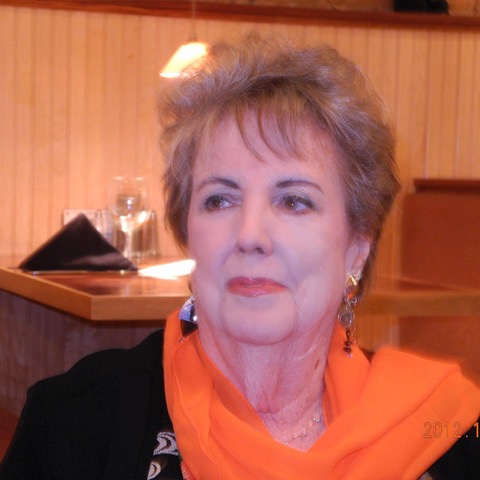By Sydney Armstrong

Penny Tyler was not a familiar name to the average person in Chicago, except in the world of jazz. She served as President of the Jazz Institute, entrepreneur, promoter, and critic. Active from the 1960s to the start of the 21st century, she was instrumental in producing the Chicago Jazz Festival and promoting local bands such as the RhythmMakers. The RhythmMakers and other prominent jazz bands often played in Andy’s, a Chicago nightclub that became the place to hear jazz.
Penny was very involved with the Jazz Institute, which she co-founded in 1969. In the 1970s, after a hiatus, the organization was restarted and became a force to be reckoned with in the Chicago music scene. Most of the programming for the Chicago Jazz Fest was done by the Jazz duce the first Chicago Jazz Festival in August 1979. The mayor wanted the festival to be put on over Labor Day weekend, which means that Penny and the Jazz Institute had three weeks to produce and program the event. They did so and the festival became an immediate success. What made the Chicago Jazz Festival stand out from the rest was the fact that it interwove appearances by local jazz talent with nationally known artists. This had a positive impact on the careers of local and emerging jazz musicians.
In an interview with a local newspaper, Penny said, “When you hear jazz you swing. Nothing makes me happier than to be able to swing!”
Under Penny and the Board of Directors, the Jazz Institute often did the programming for the Chicago Jazz Festival. She worked with her colleagues on the Board of Directors and the Mayor’s office to offer a mix of local and national talent.
“It is a wonderful thing to behold, a true melting pot for the city,” she said. “We emphasize Chicago musicians. If they are from out of town, they have to have some Chicago roots.” **
Before she got involved with the Jazz Institute, Penny was promoting local jazz bands and venues throughout the city. Together with top local bands such as the RhythmMakers and Swingtet, Penny and her then-husband John Defauw played a major part in turning nightclubs like Andy’s into popular night spots and “a genuine cultural resource.” *
Penny was a persuasive promoter, adept at getting bands to play at night spots like Andy’s and at the Chicago Jazz Festival. “She knew how to sweet talk those characters,” quipped John Litweiler, a noted jazz critic who sat on the Jazz Institute’s Board of Directors for several years. Working with the Board of Directors, the Board of Education and the Jazz Institute’s Education committee, Penny, as President, campaigned for jazz education in the Chicago public schools. With its own curriculum written by officers of the Jazz Institute and the Board of Education and guest artists like Wynton Marsalis, Dizzy Gillespie and Elvin Jones, the program introduced public school students to jazz in all its forms.
Although her tenure as President of the Jazz Institute ended in the 1980s, Penny stayed involved, serving as Chair of the Festival committee. In 1988 she and saxophonist Stan Getz got together with Studs Terkel to talk about the 10th Chicago Jazz Festival on WFMT. “We are the world’s largest free jazz festival,” she said proudly and large it has been, with millions attending over the course of 45 years.
In her later years, Penny and her second husband Lew Kreinberg retired to New Orleans, where Penny’s daughter had been living for some time. Penny herself died in 2021. Through her work with Jazz Institute and the Chicago Jazz Festival, she and her colleagues have left a legacy that endures.
*From an article by Larry Kart, Chicago Tribune, October 19,1980
**From the article “Jazz still swinging, waiting to be heard in this toddlin’ town,” by Kenan Heise; Chicago Tribune, January 29, 1982; page 19
Thanks to John Litweiler, the Chicago Tribune, Michael McKee, WTTW/WFMT Manager of Media Archives, the Chicago History Museum, Lauren Deutsch and the Jazz Institute






